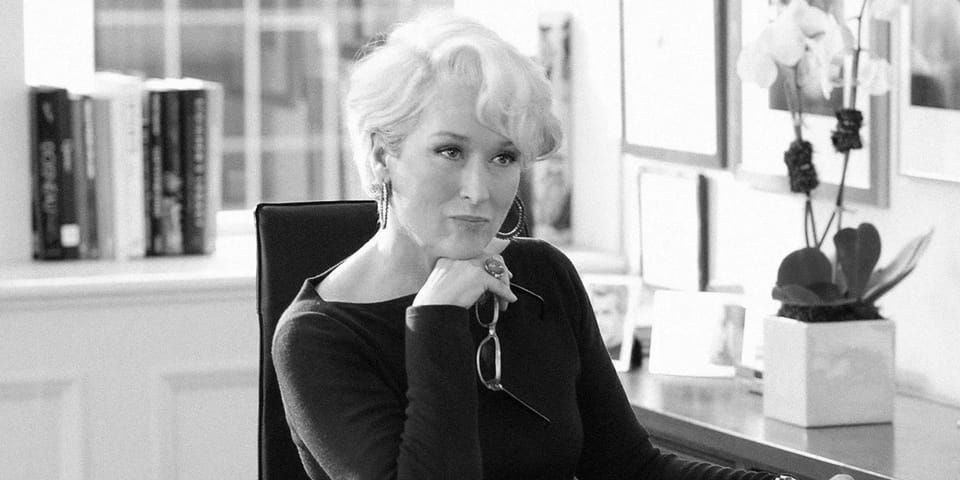Contrasting Minnesota and Boston

Sometimes, when a team ends a series with a blowout win, it obscures everything that came before it. This has been the case with the Western Conference Finals. Everyone very quickly celebrated Dallas, turned the page, and moved on to the NBA Finals. But I'd like to go back and take one last look at the Timberwolves-Mavericks series, if I may, and contrast Minnesota with Boston, just to sort of reset things as we get ready for Thursday, because I think there are three very key differences in how the two teams operate(d).
Foul Game
The first thing that stands out to me is fouls. The Timberwolves foul quite a bit, and the Celtics do not. In the regular season, Minnesota averaged 18.8 personal fouls per game, good for 13th in the NBA, and they were worse in the postseason. There, the Wolves averaged 20.8 fouls per game, which was good for fifth-most among playoff teams. The four teams who committed more fouls per game – Phoenix, the Clippers, Orlando, and Philadelphia – all lost in the first round. In the first four games of the West Finals (aka the competitive games), they fouled Dallas an additional 10 times – 83 fouls to 73. But the effect, I think, was more magnified than that, because of how they were concentrated. In each of those four games, Dallas had a single player get to four fouls. Minnesota, meanwhile, had one player get to four fouls, six players get to five fouls, and one player foul out (Karl-Anthony Towns in Game 4). Minnesota constantly had to juggle their lineups to get guys in foul trouble out of the game. Dallas didn't.
Perhaps that will once again be the case in the NBA Finals, as Luka Dončić is adept at drawing fouls. But it would be a somewhat large upset, as the Celtics are one of the best teams in the league at playing physical without fouling. The Celtics averaged 16.2 fouls per game in the regular season, good for second-fewest in the NBA. In the playoffs, they've done even better, averaging just 15.3 personal fouls per game – easily the fewest among playoff teams. The next closest team was the Lakers at 16.6. Furthermore, while Dončić is good at drawing fouls, in this postseason he's often been matched up against players whom the referees are not very deferential to, like Jaden McDaniels and Lu Dort. That will not be the case in the NBA Finals, as his three primary defenders figure to be Jaylen Brown, Jrue Holiday, and Jayson Tatum.
Three Is the Magic Number
In the regular season, the TWolves shot 32.7 three pointers per game, a number that clocked in at 23rd in the NBA. The same was true in the West Finals, as Minnesota launched 166 triples in the five games, good for 33.2 attempts per game.
In the regular season, the Celtics launched 42.5 threes per game, easily the most in the NBA, and if it wasn't the most in NBA history, it was close. The next closest team was Dallas, at 39.5. The playoffs have told a similar story for Boston, as they have launched 39.8 threes per game, again easily tops in the league. The next closest was Philadelphia at 35.7.
Interestingly, Dallas has shot significantly fewer threes per game than in the regular season. They have shot 33.9 in the playoffs, essentially six fewer per game than in the regular season. That 33.9 mark is just fifth among playoff teams, after being second among all 30 in the regular season. This has been consistent across all three of their series', and dropped in the West Finals. In each of their first two series' against the Clippers and Thunder, they shot precisely 209 three pointers, for an average of 34.8 per game (crazy, I know, I had to double check). In the West Finals, that dropped to 158 in five games, for an average of 31.6 per game.
Perhaps the Mavs felt like they didn't need to take as many threes to beat Minnesota. After all, with Minnesota not launching more than them, any differences in the three-point battle were negligible. But that simply won't be the case in the NBA Finals. The bottom line is that either Dallas is going to have to start playing differently than they did in the Western Conference playoffs and shoot more three's, or they'll be potentially ceding a half-dozen points to the C's on the three-point line. Combine that with the likelihood that they won't have any advantages at the free-throw line as we discussed above, and things are starting to get tight for Dallas.
Putting the Centers In Motion
Not only does Boston launch a lot more three's than Minnesota did, in Boston's case they can come from any player on the court, which is a big difference from how Minnesota played. Whenever Rudy Gobert was on the court for Minnesota, Dallas could feel comfortable that his shooting range was limited to five feet or closer from the hoop. That allowed Dallas' centers the freedom to stay close to the rim. To me, this is more important than it seems on the surface. Dereck Lively Jr. is a rookie who hasn't been thrust into high-pressure situations before. Being able to simplify his defensive assignments against Minnesota was likely a very big deal. And while Daniel Gafford is a veteran, he's also still new to the Mavericks, and not exactly super fast laterally. Being able to keep him in the paint played to his strengths.
Boston simply doesn't play in a similar fashion. Both Al Horford and Kristaps Porzingis are comfortable playing on the perimeter, and if anything, it may be more extreme in the NBA Finals if Porzingis takes the majority (or all) of the minutes that Luke Kornet and Xavier Tillman have been playing. What that means is more thinking and improvising for Dallas' centers, similar to their series vs. Oklahoma City. Gafford, in particular, was horrible in that series, as he posted +/- marks of -2, -8, -8, -5, -10, and -25. It didn't cost Dallas because Lively was just as great as Gafford was bad (-13 in Game 1, but then +18, +16, +2, +22, and +26). But three points stick out there. One, Horford and Porzingis are far more sophisticated and crafty than was Lively's fellow rookie counterpart, Chet Holmgren (no offense to Holmgren, who I do really like). Two, saying it's up to Lively is a lot of pressure to put on a rookie. And three, Lively just got hit in the head hard in each of Dallas' final two games. He's a young pup, so he'll probably be fine, but the point stands until we see it. Either way, that potentially leaves a lot of Dallas' fate in the hands of a rookie coming off the bench. At the outset of each game, I think the C's will try to get Gafford up to the three-point line in order to bend Dallas' defense in the way they want.
There are plenty of reasons for the Dallas Mavericks to feel confident heading into the NBA Finals. They've been on a heater ever since they put Gafford and Derrick Jones Jr. into the starting lineup in early March. They have a dominant offensive duo in Luka Dončić and Kyrie Irving, and a great defense as well. But the NBA Finals are going to look a lot different for Dallas than the Western Conference Finals did, and none of the three aspects of it that I outlined above would make me feel particularly comfortable if I was rooting for the Mavericks.
